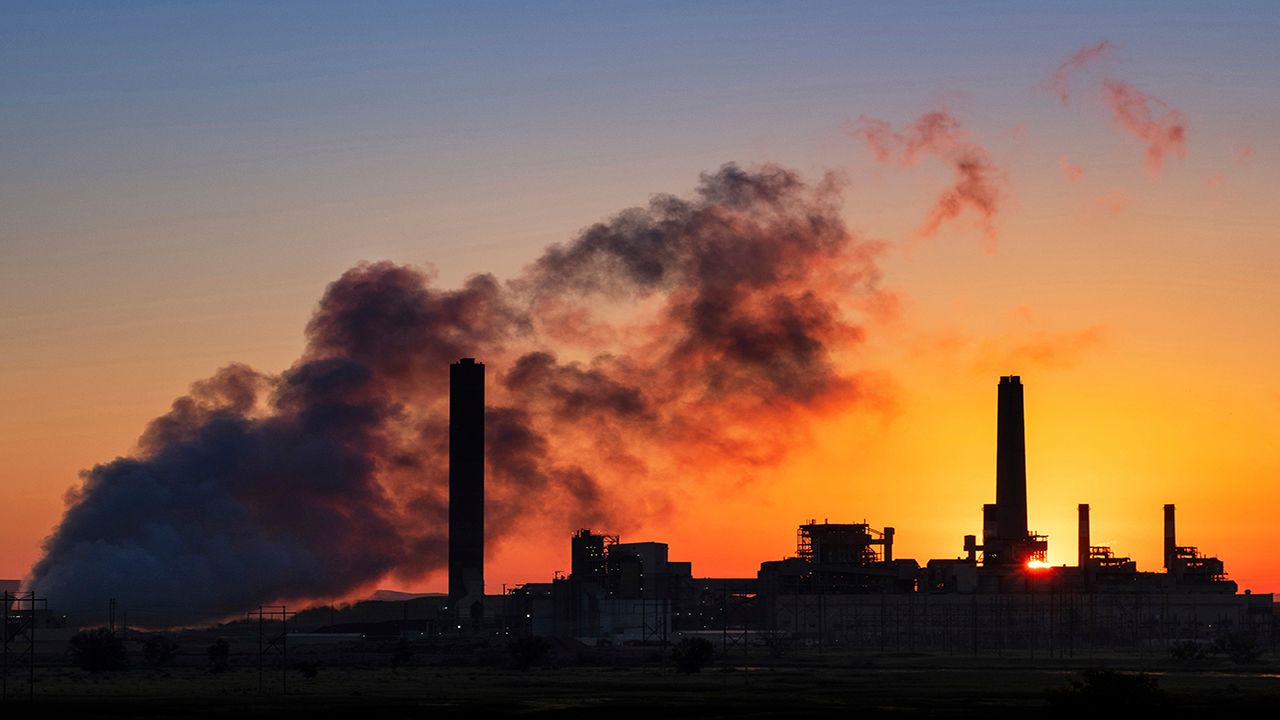Gov. Kathy Hochul's administration will not prioritize a proposal to re-calculate methane emissions as part of the ongoing state budget negotiations following an uproar from environmental and climate advocacy organizations over the plan.
But Environmental Conservation Commissioner Basil Seggos and New York State Energy and Research Development Authority President and CEO Doreen Harrris did not rule out further pursuing the idea, warning that "affordability" for consumers needs to be part of the conversations surrounding how to transition New York from carbon-based fuels to more renewable and cleaner forms of energy.
Harris said the issue "deserves scrutiny and transparency" going forward.
The announcement, made to reporters by Seggos and Harris after they met with Hochul on Wednesday, addresses what has become a key concern for environmentalists in recent days.
Under the current plan, the state's approach to measuring methane in the environment will be reviewed over a 20-year period. A measure backed in recent days by Hochul and introduced by top environmental committee lawmakers this week would change that metric to a century-old period.
Methane is considered a key greenhouse gas that has to be curbed in order to address the impact it has on the changing climate. The gas dissipates faster, however, and a 100-year time period would make it harder to measure, advocates have argued.
On Tuesday, advocates backed an alternative bill supported by state Sen. Liz Krueger and Assemblyman Jeff Dinowitz.
“Governor Hochul’s excuse that New York needs to gut its nation-leading climate law in order to save New Yorkers money is flat-out wrong, especially when there’s a real solution to this problem right in front of her," the lawmakers said in a statement.
Seggos and Harris have defended the proposal, calling it a necessary consideration for consumers amid concerns the transition will boost energy bills in the coming years. The longer time period has been endorsed by business organizations, arguing it measures methane the same way as federal and international orgnaizations.
At the same time, it could lead to cost-of-compliance issues.
"The Business Council and other business groups engaged in the state’s greenhouse gas emissions and renewable energy efforts have long stressed concerns about costs and economic impacts as we pursue state-level environmental objectives," the group said in a statement. "Otherwise, New York’s regulatory mandates could result in a shift in economic activity and emissions out of state for no net emission reductions. Importantly, excessive costs would impact New York residents and businesses alike."
But on Wednesday, both officials indicated the proposal would not be part of the ongoing budget talks, which have stretched passed the initial April 1 due date.
At the same time, officials indicated they want to focus on a "cap and invest" proposal for limiting emissions while also addressing the impact on consumers.
"We need to keep the costs down for all New Yorkers," Seggos said.
Advocates who had opposed the measure celebrated the development.
“Today’s announcement is a victory in a battle that should never have been fought. Governor Hochul’s ludicrous attempt to gut our state’s landmark climate law was a bald-faced effort to curry favor with the fossil fuel industry," said Eric Weltman, a senior organizer of Food & Water Watch. "The effect would have been to increase our reliance on fracked gas nearly a decade after New York banned fracking within our borders. Governor Hochul’s unconscionable effort to roll back years of climate advocacy was dead on arrival. It’s time to get back to climate leadership in New York. That means passing a nation-leading ban on fossil fuels in new buildings as part of our state budget.”


